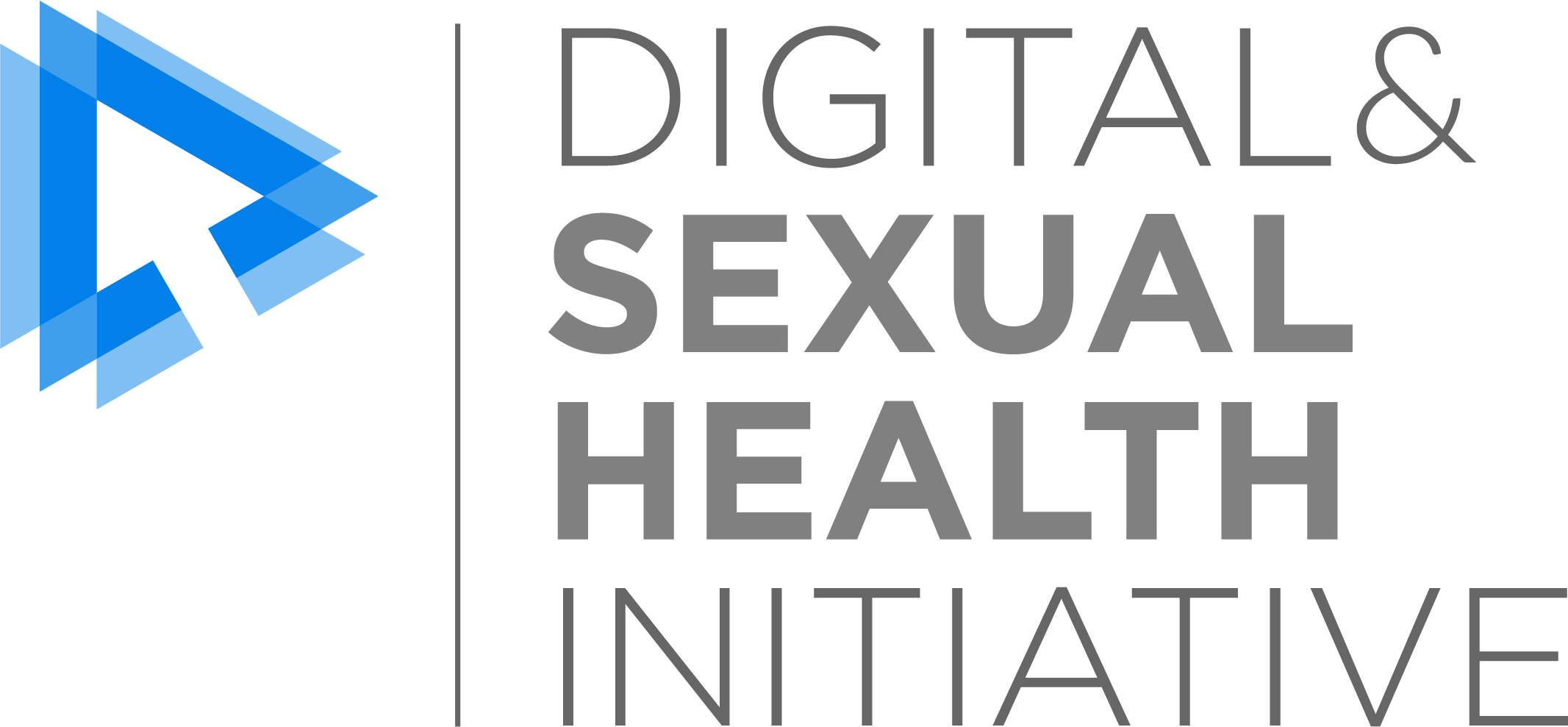Learning from digital public health interventions in practice: Challenges we embraced
Click here to download Dr. Ihoghosa Iyamu’s presentation on GetCheckedOnline: An equity-centered approach to STI-testing.
Research theme(s)
Digital Health
Laura Maaß1,2, Chen-Chia Pan1,3,4, Ihoghosa Iyamu5,6, Felix Holl1,7,8, Stefan Buttigieg9,10
1Leibniz ScienceCampus Digital Public Health Bremen, 2 Research Center on Inequality and Social Policy (socium), 3 Leibniz Institute for Prevention Research and Epidemiology – BIPS GmbH, 4 Institute for Public Health and Care Research (IPP), University of Bremen, 5 School of Population and Public Health, BC, Canada, University of British Columbia, 6 BC Centre for Disease Control (BCCDC), Vancouver, Canada, 7 Institute for Medical Information Processing, Biometry, and Epidemiology, Ludwig Maximilian University of Munich, 8 DigiHealth Institute, Neu-Ulm University of Applied Sciences, 9 Vice-President EUPHA Digital Health and Data section, 10 Ministry for Health Maltaritish Columbia Centre for Disease Control
The 17th World Congress on Public Health 2023, May 26, 2023, Rome, Italy.
Workshop outline:
Digital healthcare technologies can facilitate core public health functions, improve efficiency, and reduce costs or the burden of the healthcare workforce. Public health decision-makers, researchers, and practitioners are increasingly required to consider such interventions. However, they must grapple with multiple challenges in operationalizing digital public health (DiPH) interventions. This workshop will address some of these challenges and provide best practice examples of projects from various jurisdictions with diverse backgrounds to highlight how DiPH interventions can excel in various settings.
1. ECRA: An interdisciplinary early career research academy for digital public health
Founded in 2020, the ECRA is an interdisciplinary exchange and research collaboration space for over 40 PhD- and postdocs researching DiPH. Members collaboratively produce publications or conference panels, and organize workshops or skill-building lectures. Such centers are needed to support the future public health workforce to master skills essential for their career. Still, they can also be applied to general research projects to foster interdisciplinary collaborations. We will highlight encountered implementation and management barriers and how we overcame them.
2. GetCheckedOnline: An equity-centered approach to STI-testing
GetCheckedOnline launched as Canada’s first publicly funded comprehensive internet-based sexually transmitted infection (STI) testing service in 2014. It aims to increase the uptake and frequency of STI-testing, especially among people experiencing barriers to in-clinic STI-testing. GetCheckedOnline provides free online STI-testing in eight cities in British Columbia and has significantly increased its user-base since 2020. We will describe learnings to foster equitable access to digital STI-testing through our integrated approach to implementation, operations research, and community engagement.
3. Health Technology Assessment for digital health interventions/initiatives for public health (Hilltop): Fostering cross-country collaboration and identifying research needs
The Hilltop project initiated a cross-country collaboration between Tanzania, Rwanda, South Africa, and Germany and interdisciplinary collaboration across medical informatics, nursing, mental health, and information systems. The project team overviews the state and gaps in using HTA (for DiPH interventions) in the project countries. We will share these findings and critically assess the potential of using HTA methods in DiPH.
4. Malta’s digital Covid-19 strategies: Breaking infection-chains through digital public health tools
Covid-19 accelerated the demand for digitalizing public health. Despite the well-needed push, the challenges facing every similar implementation will be the same, if not accentuated. We will highlight the difficulties and facilitators of Malta’s digital Covid-19 strategy while focusing on the lessons learned from communicating with public health decision-makers, implementing, monitoring, and following up on Malta’s national contact tracing app and Customer Relationship Management systems. Both interventions tackled the Test, Track and Trace workflows integral to Malta’s Covid-19 response.
Objectives: The workshop will address obstacles and their solutions during planning, implementing, and evaluating DiPH interventions in various settings.
Key questions:
- How can we best prepare the public health workforce for the digital environment and the challenges of DiPH projects?
- How can we best leverage resources to develop and maintain evidence-based DiPH interventions that promote health equity?
- How can we effectively communicate our research results to policy-makers for a national public health impact?
